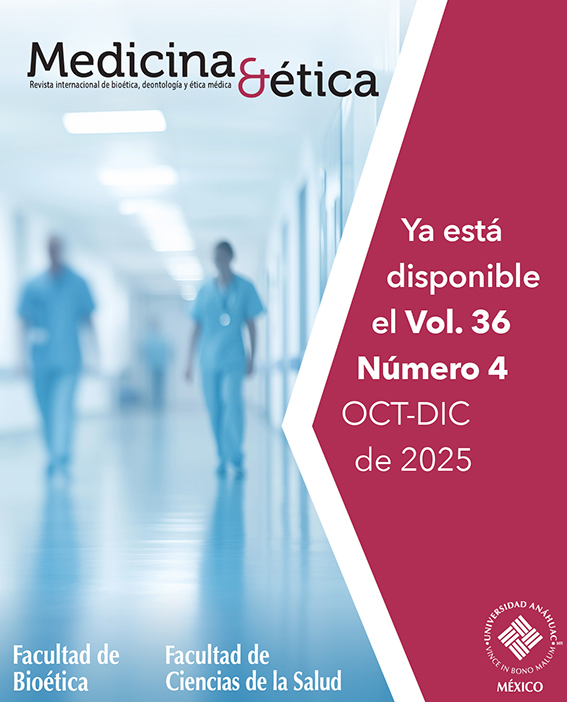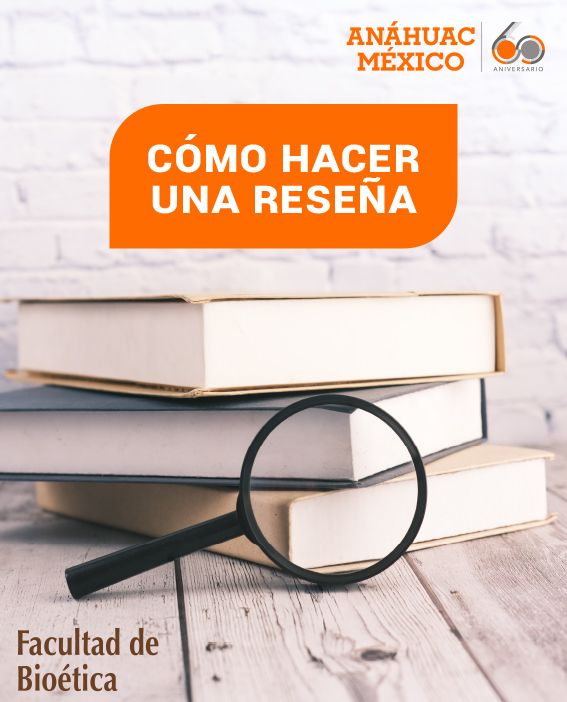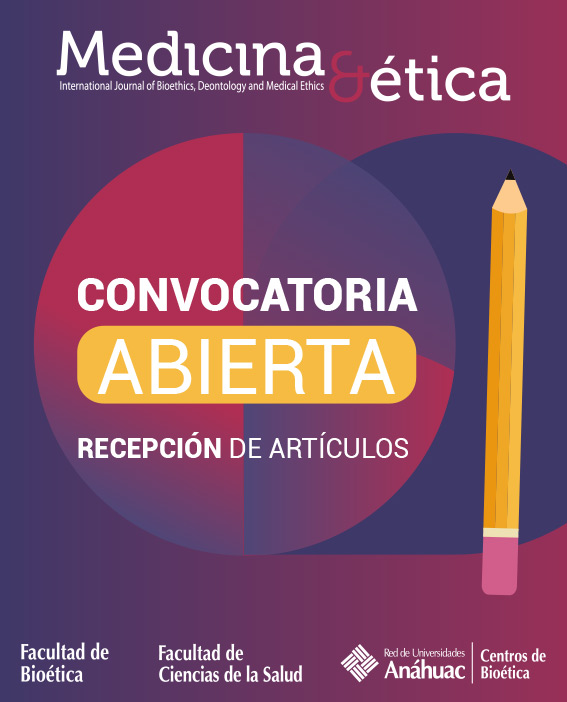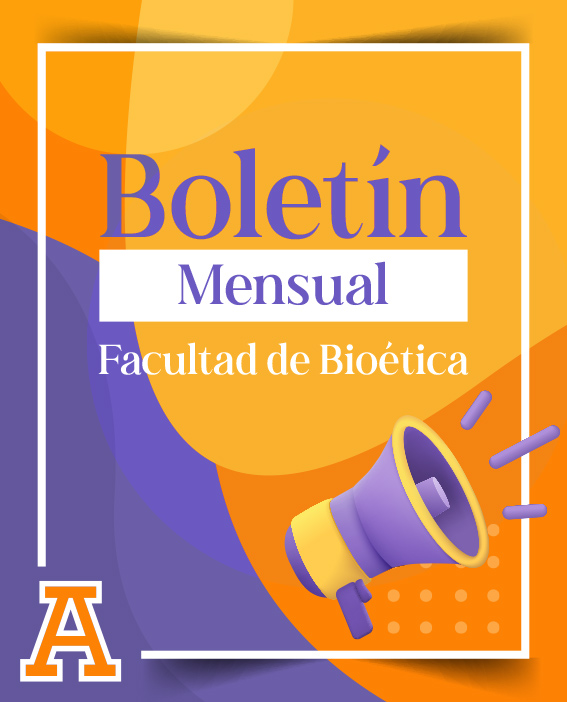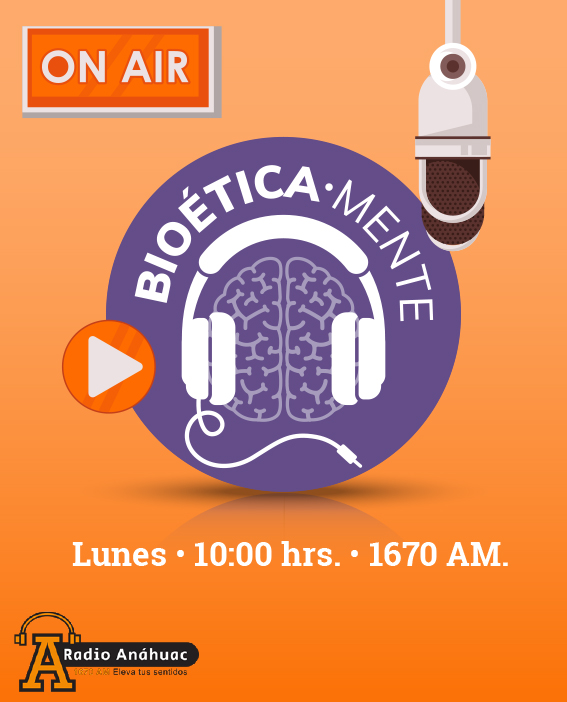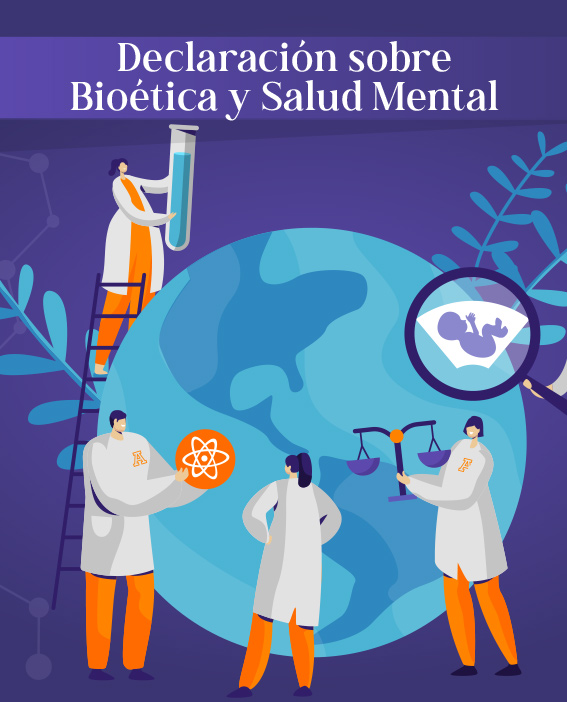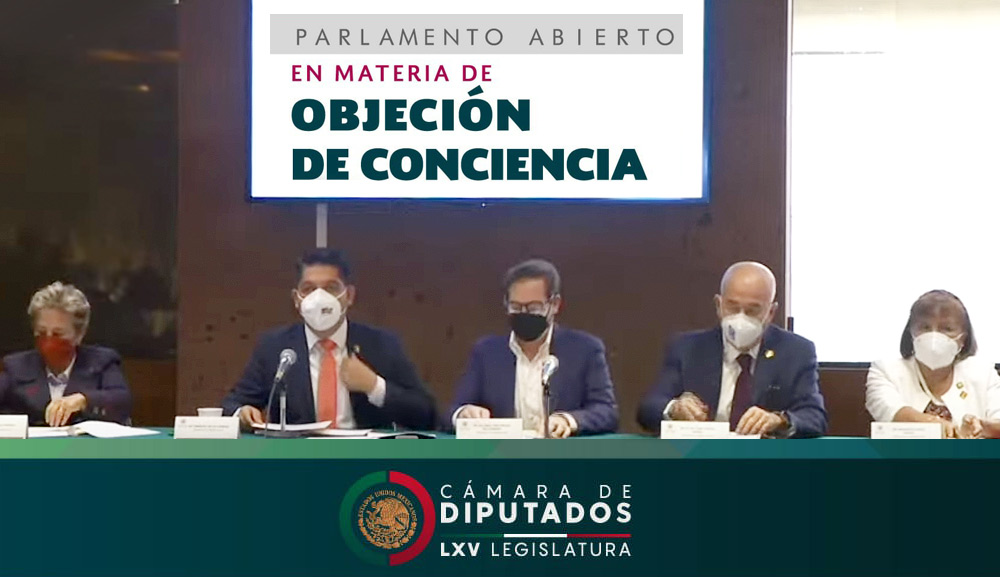
Doctors Martha Tarasco and Rosario Laris, as well as Doctors Agustín Herrera, José Manuel Madrazo and Antonio Moreno joined the Health Committee of the Chamber of Deputies to debate this subject.
On February 2, the Health Commission of the Chamber of Deputies convened an Open Parliament (blended) in which the different positions on Conscientious Objection were analyzed to address the legal vacuum that exists in article 10 Bis of the General Health Law.
Academics and experts on the subject participated sharing their points of view, including academics from the Faculty of Bioethics of our Universidad Anáhuac México. Representing the Faculty where: Dr. Martha Tarasco and Dr. Rosario Laris, as well as Dr. Agustín Herrera, Dr. José Manuel Madrazo and Dr. Antonio Moreno.
The event analyzed the concept of Conscientious Objection and the inability to invoke it when the life of the patient is at risk or it is a medical emergency.
During her participation, Dr. Martha Tarasco focused on insisting on the need for the practice of Conscientious Objection and referred to it as an "exercise of health and democratic maturity that comes from reason and not from faith." She also stressed that all health professionals are an end in themselves, but not instruments or means to some ends, although by becoming automatons of laws or mandates, their human dignity, the center, and foundation of human rights, is damaged.
Subsequently, she mentioned that this right is what allows the performance of the work of medicine under ethical, bioethical, and deontological principles in harmony with evidence-based medicine to comply with the lex artis ad hoc.
By way of conclusion, she reminded everyone that in these times of pandemic, health professionals have not refused to provide care to patients with COVID-19 and asked the deputies not to do so in a complicated way when legislating, that is, so that the legislation cannot be exercised.
In the presentation by Dr. Rosario Laris, it was recalled that the value of Conscientious Objection is based on three aspects: respect for life, freedom of medical prescription and the individual independence of each doctor, and she specified that "the doctor is not a salaried technician whose moral values must submit to legal dynamism”.
Likewise, she considered Conscientious Objection as a "social treasure" and that the health system should be improved in which patients can be treated by free doctors, with conscience and who know how to maintain their independence in medical practice.
At the end of the presentations, the deputies established the scope and limits for the legislation of Conscientious Objection in health matters where it is important to build an opinion for the initiatives presented to reform the Law in this matter.
If you want to see the full papers, click on the following link: "Objeción de Conciencia"
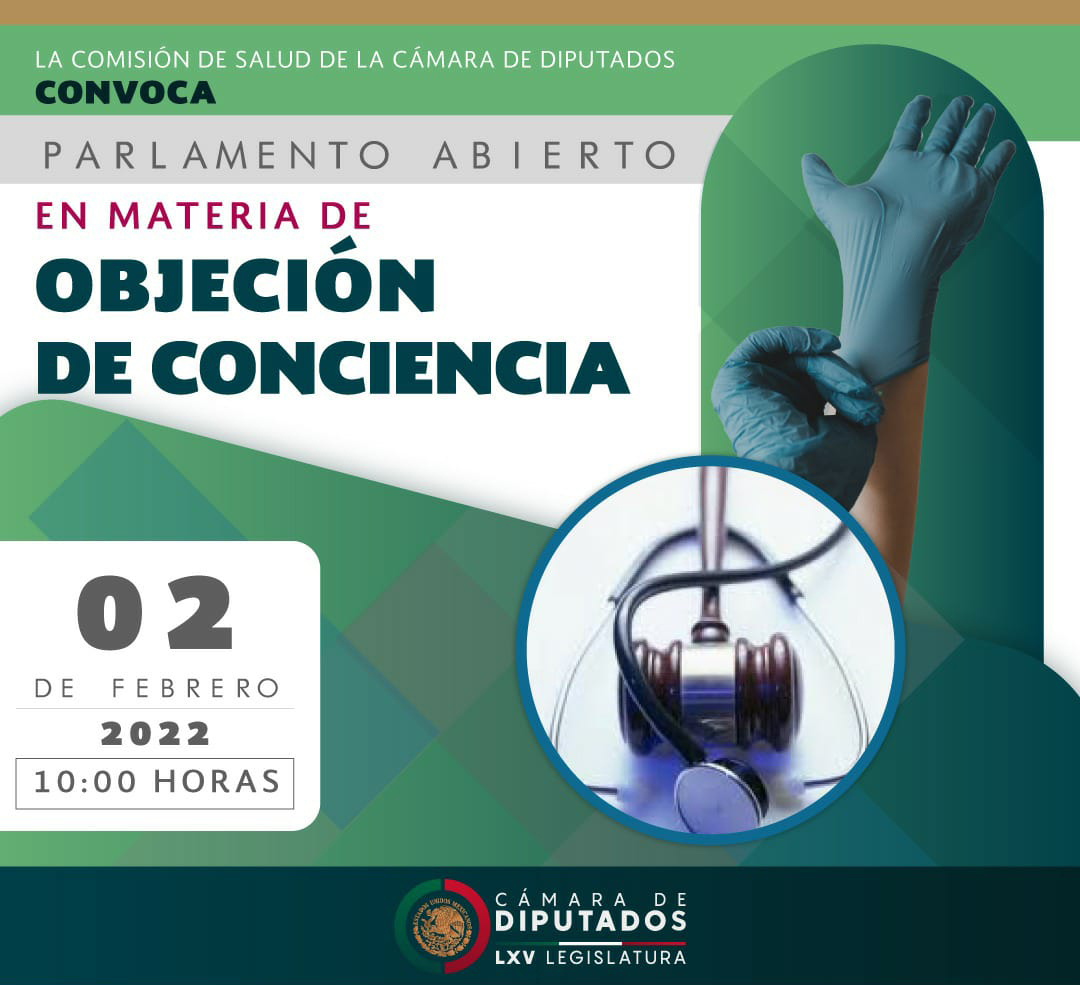
Más información:
MPSS Marcela Garibay
Facultad de Bioética
bioética@anahuac.mx

